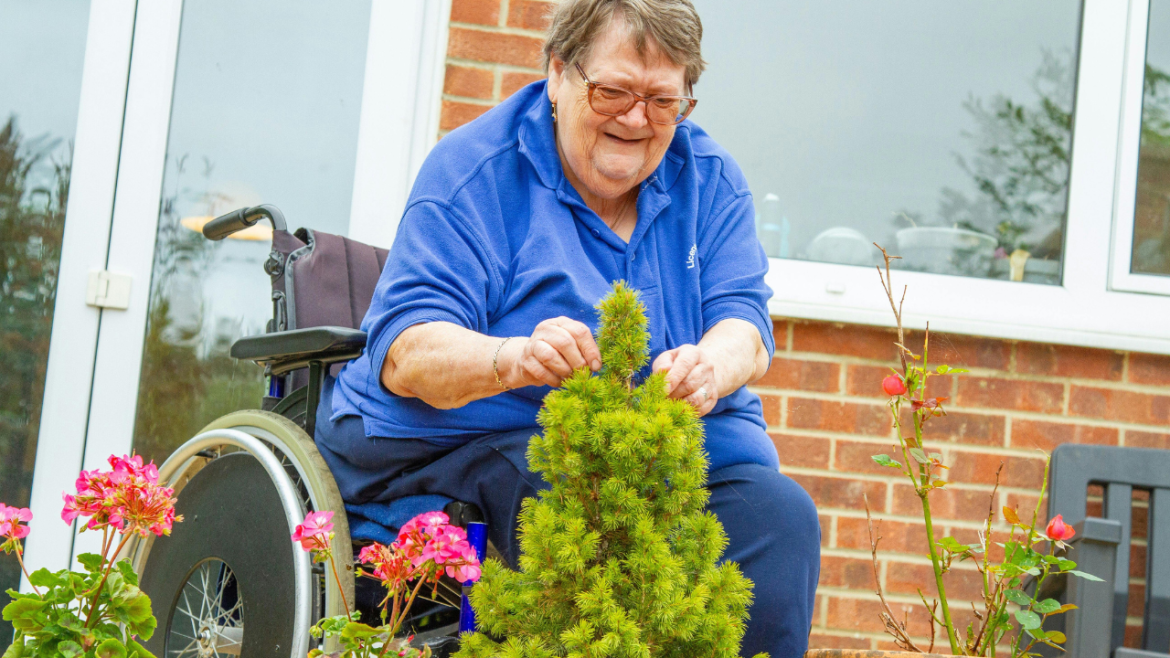How To Help Seniors Through Allergy Season
Allergy season can be particularly challenging for seniors, whose immune systems often respond differently than those of younger adults. While seasonal allergies might appear as minor irritations to some, they can have significant consequences for older individuals.
Sneezing, watery eyes, and nasal congestion are common symptoms, yet seniors may also experience fatigue, shortness of breath, or sinus infections. The impact of these symptoms can be more profound, as they may exacerbate pre-existing conditions like asthma, COPD, or heart disease. Recognizing and understanding these effects is the first step in providing proper support.
Identifying Common Allergy Triggers
Seniors often encounter a variety of environmental triggers, ranging from pollen and dust mites to pet dander and mold. Outdoor allergens tend to peak during spring and fall, making it crucial to track pollen counts and adjust outdoor activities accordingly. Indoor allergens are equally concerning, particularly in homes with poor ventilation or accumulated dust.
Seniors may not always associate their symptoms with allergies, mistaking fatigue or headaches for general aging effects. Being vigilant and noting patterns in symptoms can help caregivers and family members identify the specific triggers affecting their loved ones.
Creating a Safe Home Environment
Maintaining a clean and safe living environment can dramatically reduce exposure to allergens. Frequent dusting and vacuuming, preferably with HEPA filters, help capture fine particles that trigger allergic reactions. Air purifiers are another valuable tool, especially in bedrooms where seniors spend significant amounts of time.
Proper ventilation and controlling humidity levels prevent mold growth, a common contributor to allergic symptoms. It is also beneficial to wash bedding regularly in hot water to eliminate dust mites. These small but consistent actions can significantly enhance comfort and reduce the severity of allergy attacks.
Managing Symptoms With Medication
Over-the-counter antihistamines and nasal sprays can provide relief from common allergy symptoms, but they must be used carefully in seniors. Age-related changes in metabolism and interactions with existing medications require close monitoring and professional guidance. Consulting a healthcare provider before starting any medication ensures safety and effectiveness, especially for seniors with multiple health concerns.
Additionally, understanding the appropriate dosage and timing is essential, as some medications may cause drowsiness or impact blood pressure. When managed correctly, medications can make allergy season far more tolerable and help seniors maintain their daily routines with minimal disruption.
Encouraging Healthy Habits
Simple lifestyle habits play a crucial role in reducing allergic reactions. Encouraging seniors to stay hydrated keeps nasal passages moist and helps flush allergens from the body. Proper nutrition, particularly foods rich in antioxidants, supports the immune system and reduces inflammation, potentially mitigating allergic responses.
Wearing sunglasses outdoors and using masks during high pollen days can provide additional protection. Gentle exercise, such as indoor stretching or walking in low-pollen areas, also helps maintain overall health without triggering symptoms. By combining practical precautions with healthy daily habits, seniors can navigate allergy season with greater resilience.
Emotional Support During Allergy Season
Allergies can be more than a physical discomfort—they can affect mood, energy, and overall well-being. Seniors may feel isolated if symptoms prevent them from participating in social activities or outdoor excursions. Providing empathy and understanding is just as important as managing physical symptoms.
Listening to their experiences, validating their discomfort, and helping them maintain routines can reduce anxiety and frustration. Simple gestures, like preparing a clean and comfortable environment or accompanying them on short walks when pollen counts are low, can make a meaningful difference. Emotional support empowers seniors to face allergy season with confidence, ensuring they feel cared for and valued.
Preparing for Future Seasons
Planning ahead is essential for managing allergies effectively year after year. Keeping track of symptom patterns, consulting with healthcare providers, and updating treatment plans ensures seniors are prepared for each allergy season. Proactive measures, such as investing in high-quality air filters or allergy-friendly bedding, minimize future exposure.
Educating seniors about avoiding triggers and recognizing early warning signs allows them to take an active role in managing their health. Through preparation, care, and understanding, allergy season can become less daunting, providing seniors with the tools to maintain comfort, independence, and quality of life.

